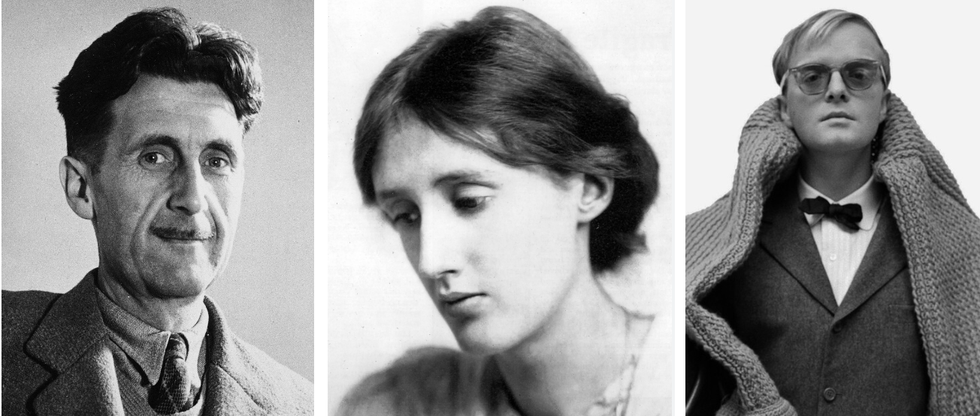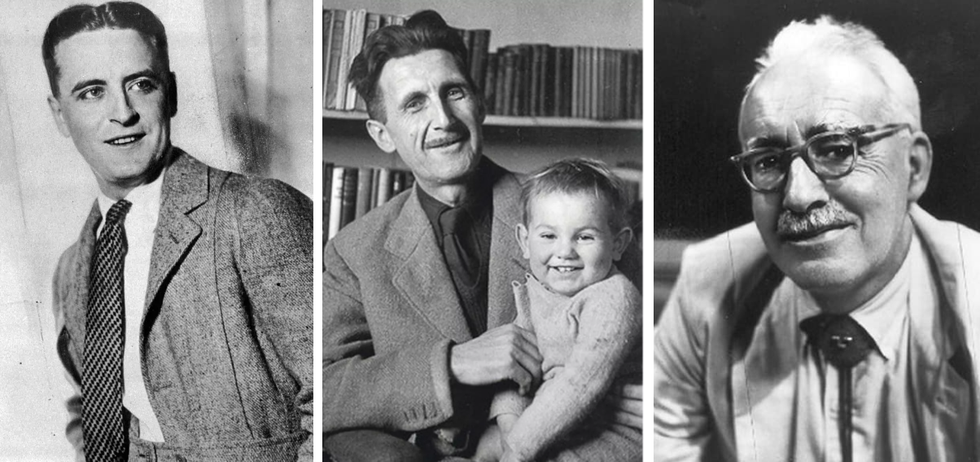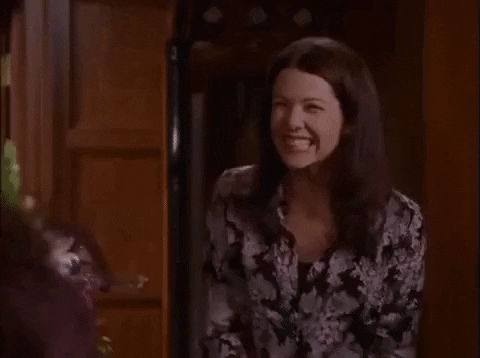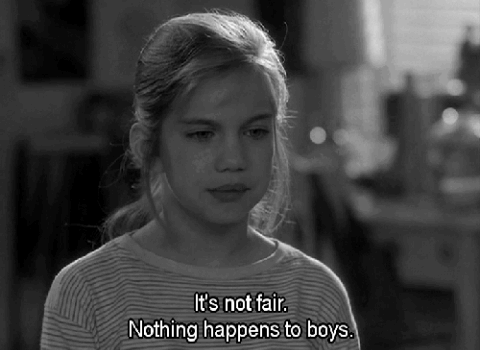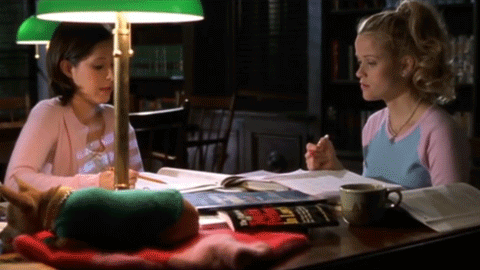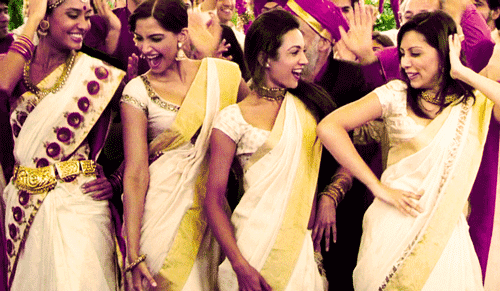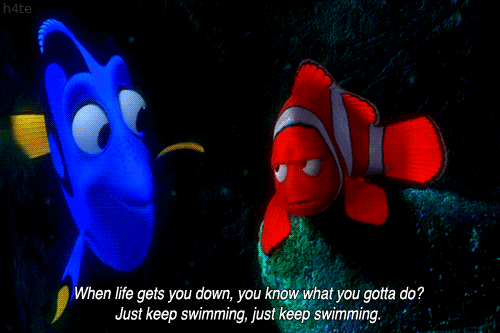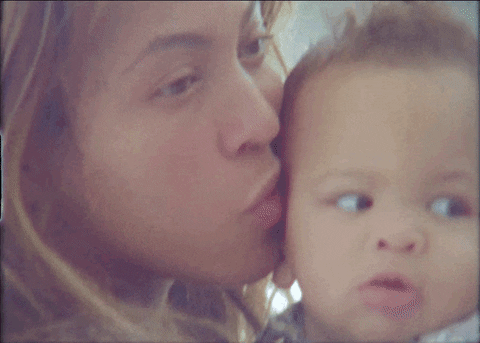7 Essays from Famous Authors to Inspire Your Own Writing
Valuable insights into the craft, process, and purpose of writing from some of the most renowned writers in literary history. Warning: After reading, you may fail to resist the temptation of writing your own story.
The holy war continues about the role of AI text generators in academic writing and content creation. Some say they are great helpers with small, monotonous writing tasks, and it's ok to address AI tools for idea generation, planning, and finding quick answers to questions.
Others insist it's dangerous, destroying our critical thinking and communication skills. Relying too much on ChatGPT's answers, people take them for granted, not checking and analyzing the accuracy. Plus, the opponents of AI in education claim it encourages students to cheat: Intelligent enough to generate plagiarism-free texts, AI text generators "write" essays and present them as their own.
But you know what? They have nothing to worry about (yet!):
As the latest study from Academic Help says, only 29% of students don't see anything wrong in asking ChatGPT to generate their academic texts. Other 36% don't trust such tools' accuracy, and 58% prefer to do their assignments themselves.
That's great!
The benefits of the writing process for our skills and mental health are hard to overestimate:
- Developed critical thinking
- Strengthened exclusive functions such as planning and juggling multiple tasks
- Better analyzing and communication skills (Ability to organize and express thoughts in a coherent and reasoned manner)
- Increased self-awareness and self-reflection
- Enhanced creativity, greater focus, and clearer thinking (All come with regular freewriting sessions)
- The ability to better use grammar and punctuation, enhanced research skills
- Enhanced vocabulary and spelling
- Strengthened memory
- Improved attention to details
- Developed empathy
And if you still doubt whether you can write and need to spend time on it, below are seven essays from famous authors who discussed the writing craft so skillfully that you can't help but read them till the end.
Warning! After reading these essays, there's a high chance you'll decide to write a book. (Or short stories for your Instagram or personal blog, at least.)
1. "A Room of One's Own" by Virginia Woolf
In the essay, Woolf argues that women need financial independence and physical space to pursue creativity and intellectual pursuits. She explores how women have been historically oppressed and excluded from the world of literature, citing examples of societal expectations and limited access to education.
Virginia highlights the importance of women finding their voices and creating their own stories rather than being relegated to the roles assigned to them by men. Ultimately, she advocates for a world where women are given the same opportunities and freedoms as men.
2. "Shooting an Elephant" by George Orwell
This one is a reflective essay about Orwell's experiences as a colonial police officer in Burma. He explores the tension between the police officer's personal morality and his duty as an agent of the British Empire. In the climax, the officer has to shoot an elephant that has gone rogue and killed a local man, even though he does not believe it is necessary. The essay raises questions about the role of imperialism and the effects of individuals' power. Orwell ultimately concludes that the system of imperialism is destructive and dehumanizing for both oppressor and oppressed."
3. "The Responsibility of the Writer" by Truman Capote
Here the author explores the literary profession's ethical obligations and social impact. In this thought-provoking piece, Capote emphasizes the writer's duty to truthfully depict the human condition, rejecting sensationalism and shallow entertainment. He argues that writers should use their craft to illuminate and challenge societal issues, pushing beyond mere escapism.
Capote emphasizes the power of storytelling to foster understanding and empathy among readers. He calls for writers to embrace their role as social commentators and advocates for change, urging them to exercise their responsibility with integrity and conviction.
4. "The Death of the Moth" by Virginia Woolf
In "The Death of the Moth," Virginia Woolf reflects on the fleeting nature of life through the lens of a moth's struggle to survive. As the moth flutters about, desperately trying to cling to life, Woolf observes its struggles with a mix of empathy and detachment. She draws parallels between the moth's futile efforts and the human experience of mortality, noting that both are futile in the face of the inevitable march of time. Despite the bleakness of this realization, Woolf finds beauty in the moth's struggle, seeing it as a reminder of life's preciousness and the importance of cherishing every moment.
5. "The Crack-Up" by F. Scott Fitzgerald
Fitzgerald's "The Crack-Up" is a collection of essays exploring the author's personal struggles with mental health and alcoholism. It's a reflection on Fitzgerald's own experiences during a crisis in his life, and these texts offer a candid and introspective look at the effects of fame, success, and personal turmoil on the human psyche.
Through essays, Fitzgerald demonstrates his ability to capture the complexities of the human condition in a way that is both honest and relatable, making "The Crack-Up" a powerful and enduring work of American literature.
6. "Why I Write" by George Orwell
In "Why I Write," George Orwell reflects on his motivations for writing and its broader societal and political implications. He identifies four main reasons why he and others write:
- sheer egoism
- aesthetic enthusiasm
- historical impulse
- political purpose
Orwell argues that the most important of these reasons is political purpose, as writing can be a powerful tool for exposing and challenging societal injustices. Ultimately, Orwell sees writing as a necessary and deeply personal act, describing it as "a way of explaining oneself to others and oneself."
7. "The Lonely Voice" by Frank O'Connor
This essay explores the unique role of the short story writer as a solitary figure in literature. O'Connor argues that unlike novelists, who can create complex worlds and characters throughout hundreds of pages, short story writers must focus on capturing a single moment or experience. It requires a deep understanding of human nature and a willingness to explore the darker aspects of the human psyche.
Ultimately, O'Connor sees the short story writer as a necessary voice in literature, able to capture the complexities of the human experience in a way other forms of writing cannot.
These essays offer valuable insights into the craft, process, and purpose of writing from some of the most renowned writers in literary history. Read at least one of them: Do you still think that ChatGPT is intelligent enough to replace those armed with imagination, the complexity of human language, and the unique background to share with the world?


